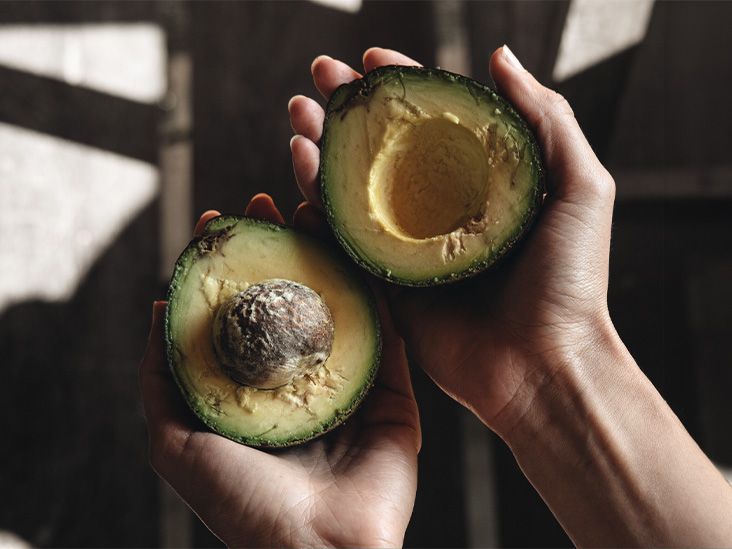
A large-scale review published in the journal PLOS ONE found that vegetarian and vegan diets are associated with a lower risk of heart disease, cancer, and death. Both vegetarian and vegan diets were linked to a lower risk of dying from cardiovascular disease. Plant-based diets were associated with a reduction in risk factors for heart disease and cancer, including high body weight, inflammation, and LDL or 'bad' cholesterol. A healthy plant-based diet should consist mostly of whole grains, fruits, vegetables, nuts, soybeans and beans. According to the World Health Organization (WHO), red processed meats increase the risk of gastrointestinal tract cancers. Vegetarian and vegan diets lower the risk of cardiovascular diseases and cancer. People who follow vegetarian or vegan diets tend to engage in healthy lifestyles such as regular exercise and avoidance of sugar-sweetened beverages. However, caution should be paid before making a large-scale recommendation for plant-based diets due to potential vitamin and mineral deficiencies associated with these eating plans. Pregnant women who adopt vegetarian diets did not lower their risk of developing gestational diabetes and hypertension compared to women who ate meat. Vegans risk developing anemia due to a lack of vitamin B12, an essential nutrient naturally found in animal products. Vegans are encouraged to eat grains fortified with vitamin B12 or take a daily supplement.
Researchers report that a review of 49 studies spanning 23 years of research has found that vegan and vegetarian diets have numerous health benefits. They say that plant-based diets are associated with better health status for risk factors for diseases such as cancer and cardiometabolic disease. Reducing the intake of meat and focusing on vegetables and fruits are key components to a healthy diet.
People on plant-based diets have a lower risk of cancer and heart disease, as well as a lower mortality rate from cardiovascular diseases. The umbrella review looked at existing metanalyses of large numbers of studies, providing a high-level view of existing research on the topic.
The pros of eating a diet rich in fruits, vegetables, nuts, seeds, oils, whole grains, legumes and beans have long been espoused. These diets are beneficial for a number of reasons including their fiber content and vitamin and mineral contents. They also contain bioactive compounds that make them highly anti-inflammatory (including polyphenols, anthocyanins, etc). In the United States, animals products account for 30% of total energy intake and 65% of total protein intake. Animal products such as red meat (beef, veal, pork and lamb) should be consumed in moderation. Highly processed meats and deli meats should be avoided.
The studies analyzed differed in dietary patterns, sample size and participant demographics, among other factors.





